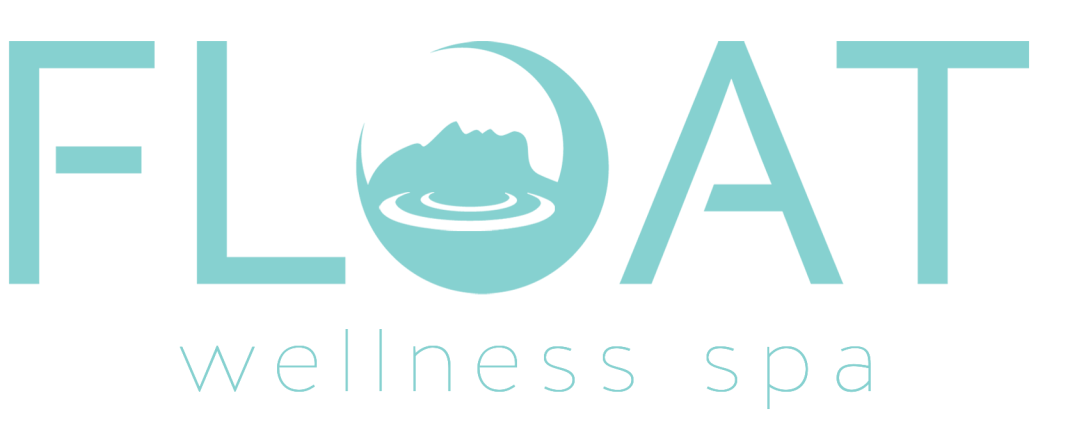What do I expect when attending massage therapy for the first time?
When you arrive for your first visit, our front desk staff will provide you with a health history form to fill out. Please arrive at least 15-minutes before your scheduled massage time to complete this form. Following that, your therapist will discuss with you your goals in terms of treatment and whether there are any conditions you would like them to address. Once massage therapy is determined to be appropriate for you, you may undergo assessments to evaluate your current condition to identify any target areas.
If you have any health concerns or take any medications, it is crucial that you notify your therapist so that your massage therapy can be performed without causing harm to you. If you have allergies, please let your therapist know so that your treatment can be adjusted accordingly.
What type of massage should I get?
There are many different styles of massage. At Float we break up our different styles into two categories: Hands-on Massage and Barefoot Massage. Most people in the United States are more common with Hands-on modalities which are performed on a massage table with the therapists hands, forearms, and elbows. The most common hands-on technique is the Swedish massage, which is a whole-body therapeutic massage designed to relax the muscles and joints. We also offer Deep Tissue, Prenatal (pregnancy), Assisted Stretching, and Sports Massage. With Barefoot Massage styles the therapist massages the client primarily with their feet. Ashiatsu is a barefoot style performed on a massage table, while Fijian and Thai massage are performed on a comfortable mat on the floor. Barefoot styles tend to provide deep tissue pressure, but the broader surface of the foot allows them to be very therapeutic. Our website features detailed descriptions of all the styles listed here, but feel free to call us at 210-562-3310 and we will be happy to help you find the right Licensed Massage Therapist.
You only need to take off as much clothing as you’re comfortable removing. You can leave your undergarments on if you choose, as massage can be done through clothing. The massage therapist will give you privacy while you undress and leave the room. During the massage, the therapist will use a sheet to cover the parts of your body that are not being massaged.
A Massage is meant to be relaxing and we want you to be comfortable at all times. Keep in mind while receiving a massage everything can be adjusted i.e.. lighting, music, temperature. Don’t be afraid to speak up and tell us what you would like to be changed.
Assisted Stretching, Thai, and Fijian massages require the client to be fully clothed since the client is not under a sheet.
How long should my massage be?
We offer 60, 90, and 120 minute massages. With every massage, your therapist will consult with you, give you a few minutes to undress before, and give you time to dress after your session. If you are looking for a full body massage, 60-minutes is going to be the minimum time needed for a therapist to go over each area of the body you wish to have massaged. If you prefer a slower pace or would like additional focus placed on specific areas we recommend a 90 or 120-minute session.
How should I prepare for a massage?
You should have a small meal or snack, shower, arrive early/on time and drink plenty of water. You should not drink alcohol, come dirty/smelly, or have eaten a large meal or skipped eating as these might make you feel unwell during or after your massage.
Am I expected to tip my massage therapist?
Gratuity is ALWAYS appreciated! They are not required. Massage therapists work very hard trying to help you and showing your appreciation lets your therapist know they did a great job!
How often should I receive a massage?
For those who use massage as preventative care or to manage stress, one massage a month is common. Weekly sessions may be desirable if you are receiving massage for injury relief or to relieve chronic tightness that is interfering with your daily life. We offer memberships to help make regular massages affordable.
What do I do during a massage treatment?
Make yourself comfortable and try to relax your body and muscles. Once you are comfortable under the sheets we recommend a few deep breaths to help you relax. If your therapist wants you to adjust your position, she/he will either move you or will ask you to move what is needed. Otherwise, change your position anytime to make yourself more comfortable.
Most importantly, do not hesitate to ask questions or provide feedback at any time. Your therapist wants you to have the best session possible, so providing them with feedback helps them meet your needs. If you would like more or less pressure, need the table warmer or cooler, need the headrest adjusted, or remember something you forgot to mention, please don't hesitate to let them know.
Can I talk during my session?
Sure, if you’d like to talk, go right ahead. The important thing to remember is that this treatment is all about you relaxing and enjoying the experience. Most of us don't get to enjoy many moments of peace and quiet, so most therapists discourage talking in order to provide a space of healing and relaxation.
In many instances, people may feel more relaxed starting off talking, and as the massage progresses, enter quiet states of relaxation. Most importantly, there are times when you need to speak up. If the therapist is doing anything to make you uncomfortable, you should let her/him know immediately. Also, let them know if you get too warm or too cold, if the room is too bright, or if the pressure needs to be changed (lighter or deeper).
We’ve worked with many people who were ticklish. We can vary the pressure, depth, and pace of the massage strokes so that you won’t feel tickled.
Will the massage be painful?
When you are receiving a massage to address a soft tissue injury, muscle spasm, or some other type of ache or pain, massage can be uncomfortable. However, most clients describe this as "good pain" since it is ultimately helping the tissue heal. During any massage, all techniques should be performed within your pain tolerance. Your pain level should never be more than a 7 on a scale of 1 to 10, with 10 being the highest level of pain. Anything beyond that is counter-productive, as your muscles tighten and you hold your breath to guard against the pain. We will make every effort to provide you with the most comfortable and least painful therapeutic massage to address your needs. Communicating with your therapist is key and they welcome the feedback.
Do I have to listen to whale calls or flutes during my massage?
No (not that there's anything wrong with that). While many therapists play slower, quieter, 'new age' type music, you can choose the music, nature sounds, or no music at all. Studies have shown that music under 60 beats-per-minute has a calming, relaxing effect on the body and therefore can enhance your experience. If you would like specific music please speak to your therapist about this during the consultation.
What if I get an erection during my massage?
Sometimes it happens. Yet, some men avoid massage for fear this will happen to them. But there is no reason to be embarrassed. Sometimes men get an erection during a non-sexual, therapeutic, full body massage. Touch administered to any part of the body can activate the parasympathetic nervous system, which can result in a partial or complete erection. An educated, professional massage therapist understands this and it will not be an issue for him/her. If you are still concerned, we recommend wearing more fitted underwear (briefs or boxer briefs) which provide more support than traditional boxers.
Note: If the therapist feels that the session has turned sexual for the client, male or female, he/she may stop the session to clarify the client's intent, and may decide to end the session immediately.
What if I am late arriving at my appointment?
If you’re running late for your appointment please let us know! We will give you whatever time we can however, we will not give you the full time and cut into the next person's start time. If you prefer to cancel your appointment late you can do that but you will be charged half the cost for the late cancellation in accordance with our policies.







